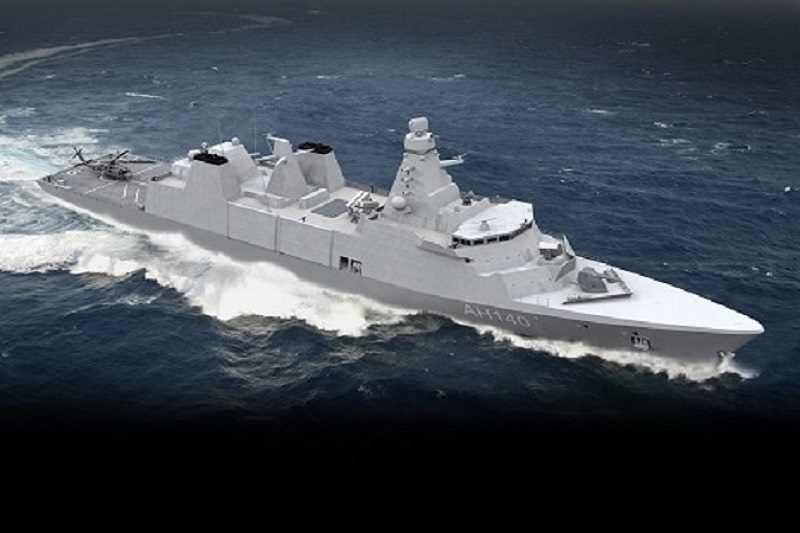To tackle escalating security threats, Nigeria's armed forces are amping up preparedness while navigating a complex web of procurement policies and market intricacies.
GlobalData's comprehensive analysis, encompassing defence forces and procurement strategies, unveils a nation determined to safeguard its interests and enhance capabilities across its navy, air force, and army sectors.
Nigeria stands at a critical juncture, grappling with mounting security challenges that demand robust responses. With a burgeoning defence budget of $2.8bn in 2023 and a staggering CAGR of 9.6%, Nigeria's armed forces are adopting a multi-faceted approach to address terrorism, illegal activities, and geopolitical partnerships.
GlobalData's "Nigeria's Defense Market 2023-2028" report outlines the West African country's collective defence strategies across its military branches.
Cracking down on terrorism and illicit activities
The threat of terrorism looms large, with groups like Boko Haram, ISWA, and Ansaru posing persistent challenges. The recent spate of attacks underscores the urgency to bolster security. Nigeria's military expenditure reflects its commitment to combat these threats, making counterterrorism initiatives a cornerstone of its defence policy.
From arms smuggling to oil theft, the African nation faces a dual battle on illegal activities that fuel insecurity and economic losses. As a response, Nigeria has engaged in international partnerships and stringent measures to curb arms smuggling and mitigate oil theft. These efforts illustrate the nation's resolve to stem the tide of these illicit activities.
Global peacekeeping and navigating budgetary avenues
Nigeria's defence forces extend their influence far beyond national borders. By actively participating in UN peacekeeping missions, Nigeria demonstrates its commitment to fostering international stability. Strategic collaborations with countries like Iran, Brazil, and the US further bolster their global standing, underscoring its role in shaping geopolitical dynamics.
Nigeria's defence strategies have a global footprint. Active participation in the African Union strengthens regional security cooperation, while bilateral relationships with countries like Turkey and the US reflect the geopolitical manoeuvring of Nigeria. By engaging in military cooperation and trade forums, the country positions itself as an influential player.
Allocating resources to defence is a strategic priority. With a defence budget of 0.5% of GDP in 2023 and projections of reaching 0.6% by 2028 (CAGR of 4.4%), Nigeria aligns its financial commitments with its evolving security needs. This reflects a per capita expenditure growth from $9.5 in 2019 to an estimated $14.9 by 2028.
An all-encompassing defence doctrine
Nigeria's security doctrine encapsulates diverse elements, from diplomacy to military capabilities. This holistic approach safeguards territorial integrity and national interests and contributes to global peacekeeping efforts. Nigeria's engagement in UN missions underscores its commitment to international security and its strategic stance on the world stage.
As Nigeria confronts various security challenges, its armed forces are embracing comprehensive approaches to fortify its defences. Against the backdrop of dynamic market dynamics, stringent procurement policies, and evolving security paradigms, Nigeria's navy, air force, and army are collectively poised to safeguard national interests.
Nigeria lays the groundwork for a secure and stable future through robust investments, strategic alliances, and concerted efforts.











